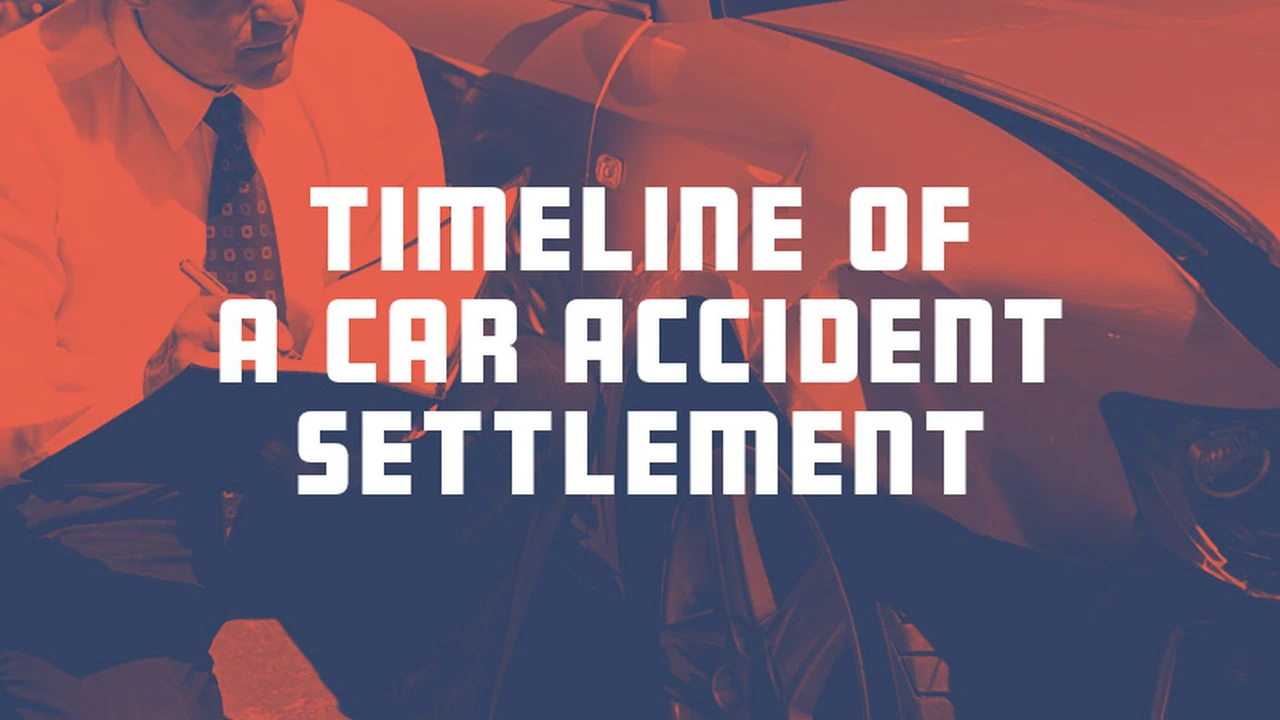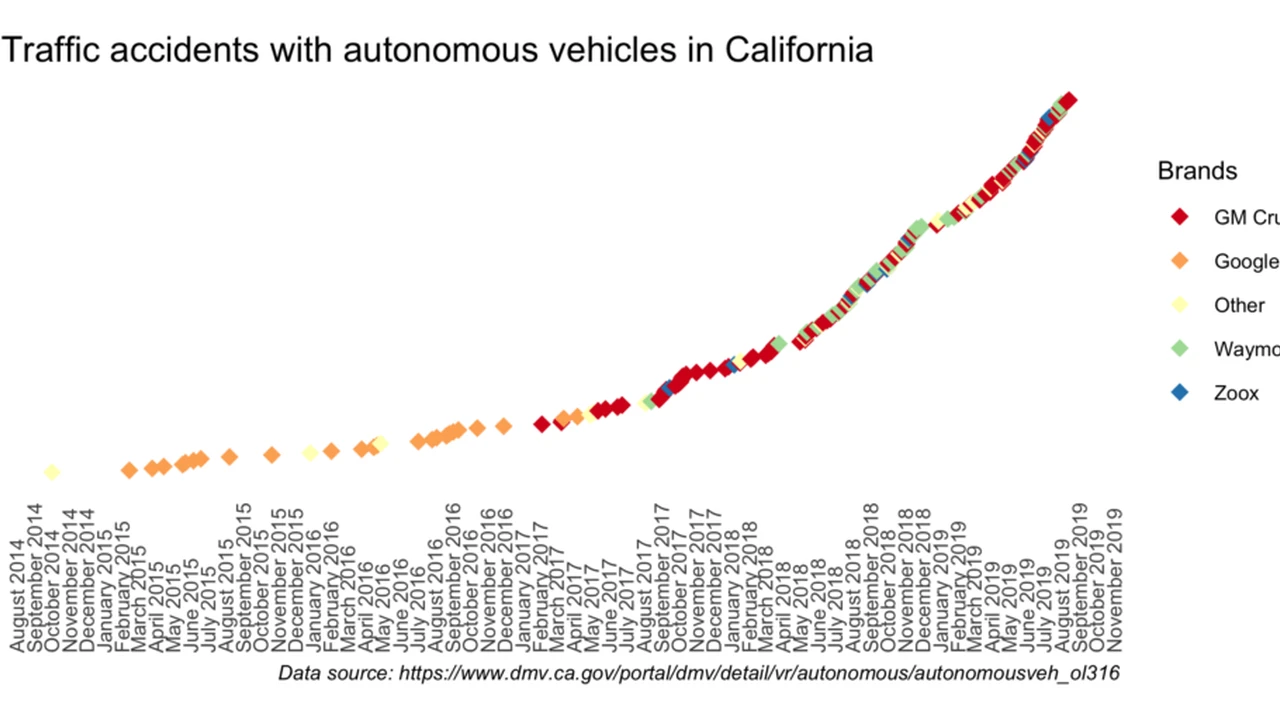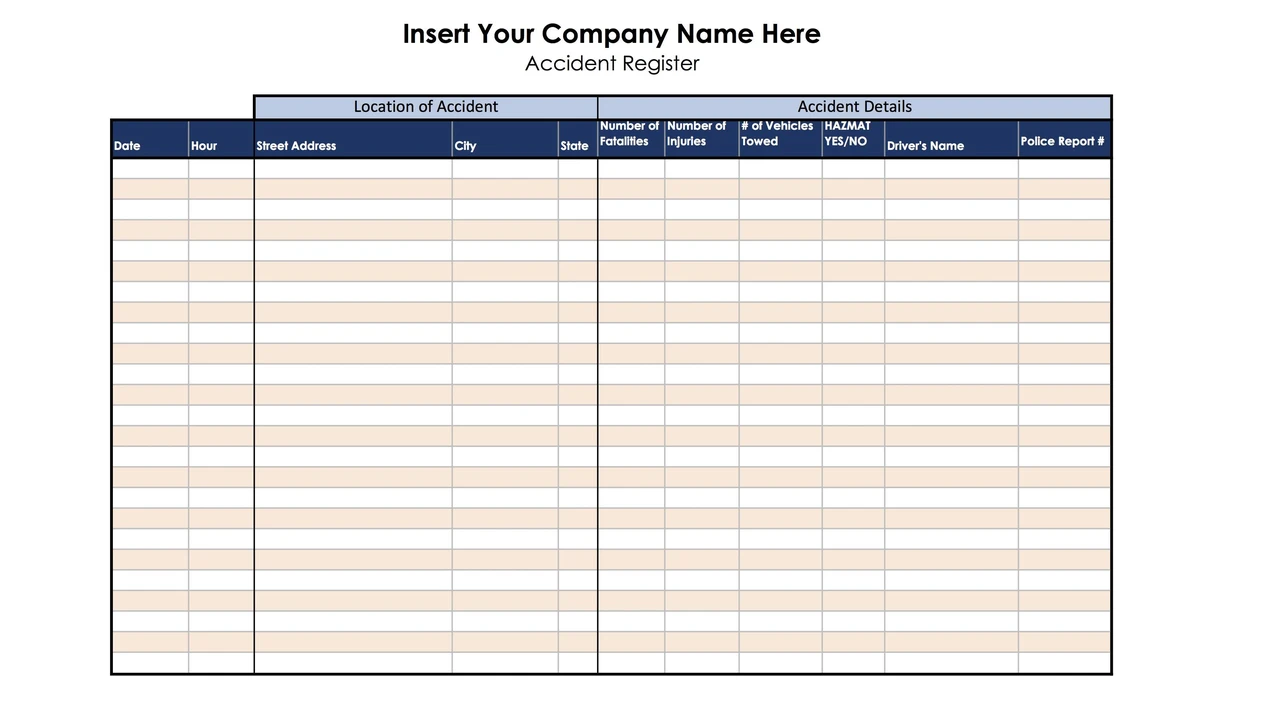FAQ: How Long Does a Car Insurance Claim Take to Settle?

Understanding Your Car Insurance Needs After a Collision
So, you've been in a fender bender (or worse). First off, take a deep breath. Everyone's okay, right? Good. Now, let's talk car insurance. Choosing the *right* car insurance *after* an accident is super important. It's not just about getting the cheapest rate anymore. It's about making sure you're protected when things go wrong, again. This section dives into what you need to consider.
Think about it: your risk profile has likely changed. You might be considered a higher-risk driver now, which can impact your premiums. But that doesn't mean you have to settle for overpriced, inadequate coverage. We'll explore how to navigate this.
Evaluating Different Types of Car Insurance Coverage After an Accident
Okay, let's break down the different types of coverage and why they matter, *especially* after you've had an accident. We're talking liability, collision, comprehensive, uninsured/underinsured motorist, and personal injury protection (PIP).
- Liability Coverage: This is the big one. It covers damages you cause to *other* people and their property. After an accident, you want to make sure your liability limits are high enough. Why? Because if you're at fault and cause serious injuries or damage, you could be sued for a lot more than your policy covers. This is where an umbrella policy can come into play. Think of it as extra liability insurance that kicks in *after* your car insurance limits are exhausted.
- Collision Coverage: This covers damage to *your* car, regardless of who's at fault. If you caused the accident, collision coverage will pay to repair or replace your vehicle (minus your deductible). Even if the other driver was at fault, collision coverage can speed things up. You file with your insurance, they pay, and then they go after the other driver's insurance company to get reimbursed (subrogation).
- Comprehensive Coverage: This covers damage to your car from things *other* than collisions, like theft, vandalism, hail, fire, and hitting a deer. Think of it as "acts of God" coverage.
- Uninsured/Underinsured Motorist Coverage: This is crucial. If you're hit by someone who doesn't have insurance (uninsured) or doesn't have enough insurance to cover your damages (underinsured), this coverage steps in. It can cover your medical bills, lost wages, and pain and suffering.
- Personal Injury Protection (PIP): This covers your medical expenses and lost wages, regardless of who's at fault. It's only available in some states.
So, how do you decide what coverage you need? It depends on your individual circumstances. Consider your car's value, your risk tolerance, and your state's laws. Talk to an insurance agent to get personalized advice.
Comparing Car Insurance Companies and Policies Post-Accident
Alright, let's get down to the nitty-gritty: comparing car insurance companies. After an accident, you might be tempted to stick with your current insurer. But it's always a good idea to shop around and see what else is out there. Here's what to look for:
- Price: Obviously, price matters. But don't just focus on the cheapest rate. Make sure you're comparing apples to apples. Look at the coverage limits, deductibles, and any discounts you might be eligible for.
- Coverage Options: Does the company offer the coverage you need? Do they have add-ons like roadside assistance or rental car reimbursement?
- Customer Service: How easy is it to get in touch with the company? Do they have good reviews online? Check out sites like J.D. Power and the Better Business Bureau.
- Claims Process: How easy is it to file a claim? How quickly do they process claims? This is crucial, *especially* after an accident.
- Financial Stability: Is the company financially stable? You want to make sure they'll be able to pay out your claim if you need it. Check out ratings from companies like A.M. Best.
Recommended Car Insurance Products and Scenarios
Okay, let's talk specific products. Here are a few recommendations, along with scenarios where they might be a good fit:
- State Farm: State Farm is a solid all-around choice. They offer a wide range of coverage options, good customer service, and a strong financial rating. Scenario: You want a reliable insurer with a local presence.
- Progressive: Progressive is known for its competitive rates and online tools. They also offer a "Name Your Price" tool, which lets you see what coverage you can get within your budget. Scenario: You're on a tight budget and want to compare rates easily online.
- GEICO: GEICO is another popular choice with competitive rates. They also offer a variety of discounts, such as discounts for students, military personnel, and federal employees. Scenario: You're looking for discounts and a well-known brand.
- Allstate: Allstate offers a wide range of coverage options and a strong network of agents. They also offer a "Drivewise" program, which tracks your driving habits and rewards you with discounts for safe driving. Scenario: You want a personal touch and are interested in usage-based insurance.
- USAA: USAA is only available to military members and their families. They offer excellent customer service and competitive rates. Scenario: You're eligible for USAA membership and want the best possible service.
Product Comparison:
| Company | Key Features | Pros | Cons | Estimated Price (for a 30-year-old driver with a recent accident) |
|---|---|---|---|---|
| State Farm | Wide range of coverage, good customer service | Reliable, local presence | Can be more expensive than some competitors | $2,500 - $3,500 per year |
| Progressive | Competitive rates, online tools | Easy to compare rates, "Name Your Price" tool | Customer service can be inconsistent | $2,200 - $3,000 per year |
| GEICO | Competitive rates, various discounts | Well-known brand, various discounts | Claims process can be slow | $2,300 - $3,200 per year |
| Allstate | Wide range of coverage, "Drivewise" program | Personal touch, usage-based insurance | Can be expensive | $2,600 - $3,600 per year |
| USAA | Excellent customer service, competitive rates | Best possible service, exclusive to military members and their families | Only available to military members and their families | $2,000 - $2,800 per year |
Please Note: These are just estimates. Your actual price will depend on your individual circumstances.
Understanding Deductibles and Their Impact on Premiums After an Accident
Let's talk deductibles. Your deductible is the amount you pay out-of-pocket before your insurance company starts paying. Choosing a higher deductible will lower your premium, but it also means you'll have to pay more if you have an accident. Choosing a lower deductible will raise your premium, but you'll pay less out-of-pocket. After an accident, you might be tempted to lower your deductible so you don't have to pay as much if you have another accident. But keep in mind that this will also raise your premium.
So, how do you choose the right deductible? It depends on your financial situation and your risk tolerance. If you can afford to pay a higher deductible, you'll save money on your premium. But if you're worried about being able to afford a higher deductible if you have an accident, you might want to choose a lower deductible.
Leveraging Car Insurance Discounts to Save Money After an Accident
Even after an accident, there are still ways to save money on car insurance. Here are a few discounts to look for:
- Safe Driver Discount: Even though you've had an accident, you might still be eligible for a safe driver discount if you have a clean driving record overall.
- Good Student Discount: If you're a student, you might be eligible for a good student discount.
- Multi-Policy Discount: If you have other insurance policies with the same company (like homeowners insurance or renters insurance), you might be eligible for a multi-policy discount.
- Vehicle Safety Discount: If your car has certain safety features (like anti-lock brakes or airbags), you might be eligible for a vehicle safety discount.
- Affiliation Discounts: Many insurers offer discounts through alumni associations, professional organizations, and other groups. Check with your employer or any organizations you belong to.
The Role of an Independent Insurance Agent Post-Accident
Working with an independent insurance agent can be a huge help, *especially* after an accident. Independent agents work with multiple insurance companies, so they can shop around and find you the best coverage at the best price. They can also help you understand your coverage options and navigate the claims process.
An independent agent can also provide unbiased advice. They're not tied to any one insurance company, so they can recommend the best coverage for your individual needs.
Long-Term Strategies for Lowering Car Insurance Rates After an Accident
Okay, let's talk long-term strategies. The good news is that your rates won't stay high forever. Here are a few things you can do to lower your rates over time:
- Improve Your Driving Record: The longer you go without another accident or ticket, the lower your rates will be.
- Improve Your Credit Score: In many states, insurance companies use your credit score to determine your rates. Improving your credit score can lower your rates.
- Shop Around Regularly: Don't just set it and forget it. Shop around for car insurance every year to make sure you're getting the best price.
- Take a Defensive Driving Course: Some insurance companies offer discounts for completing a defensive driving course.
Understanding the Impact of Your Car Insurance Claim on Future Premiums
Let's be real: your car insurance claim *will* impact your future premiums. How much it impacts them depends on several factors, including:
- Your State: Some states have laws that limit how much insurance companies can raise your rates after an accident.
- Your Insurance Company: Some insurance companies are more lenient than others.
- The Severity of the Accident: A minor fender bender will have less of an impact than a major accident.
- Your Driving Record: If you have a clean driving record, your rates might not go up as much as if you have multiple accidents or tickets.
- Who Was at Fault: If you weren't at fault, your rates might not go up at all. But even if you weren't at fault, your rates could still go up slightly, especially if you file a claim with your own insurance company.
The key takeaway is to drive safely, shop around, and understand your coverage options. Good luck!
:max_bytes(150000):strip_icc()/277019-baked-pork-chops-with-cream-of-mushroom-soup-DDMFS-beauty-4x3-BG-7505-5762b731cf30447d9cbbbbbf387beafa.jpg)






